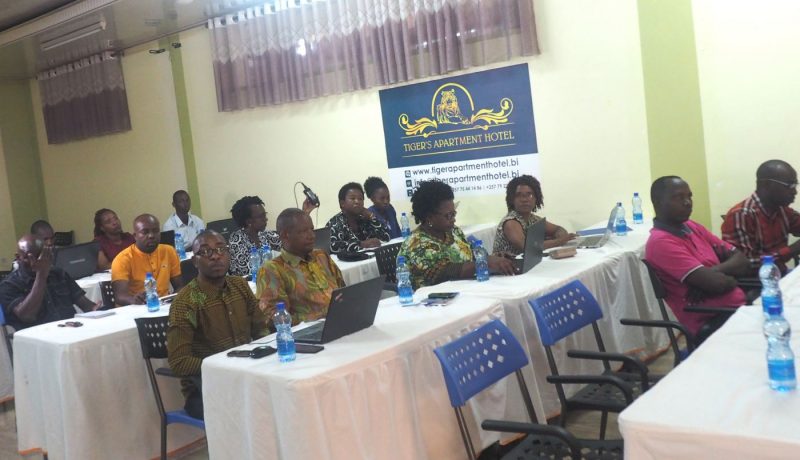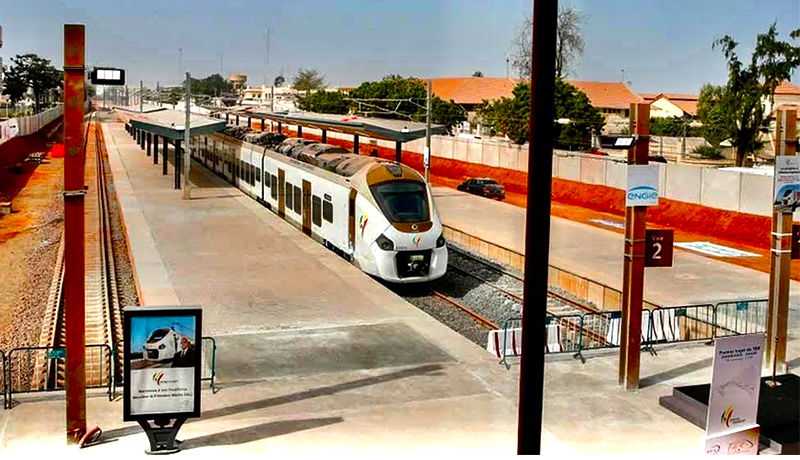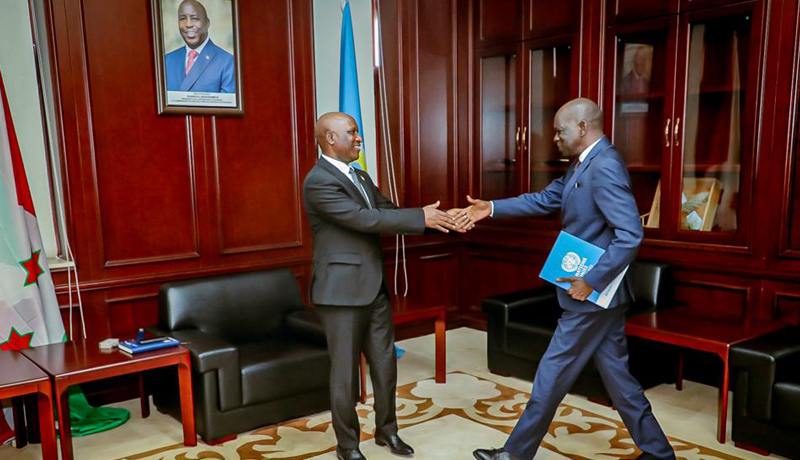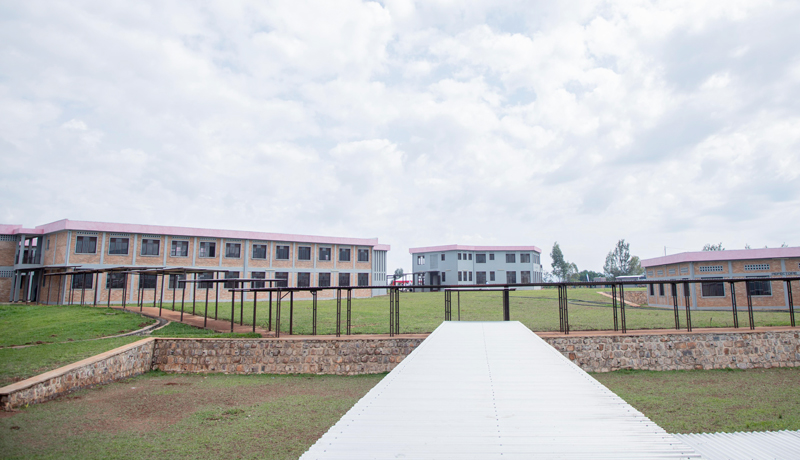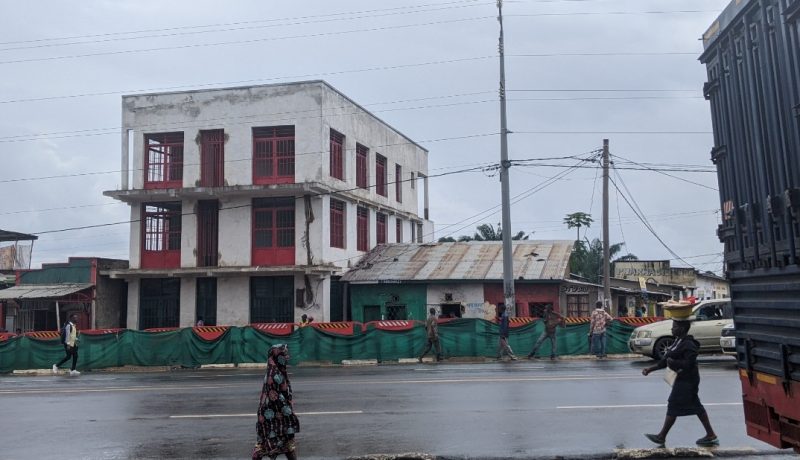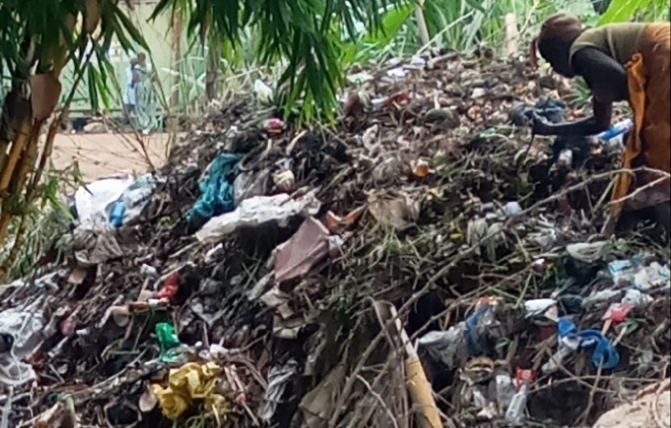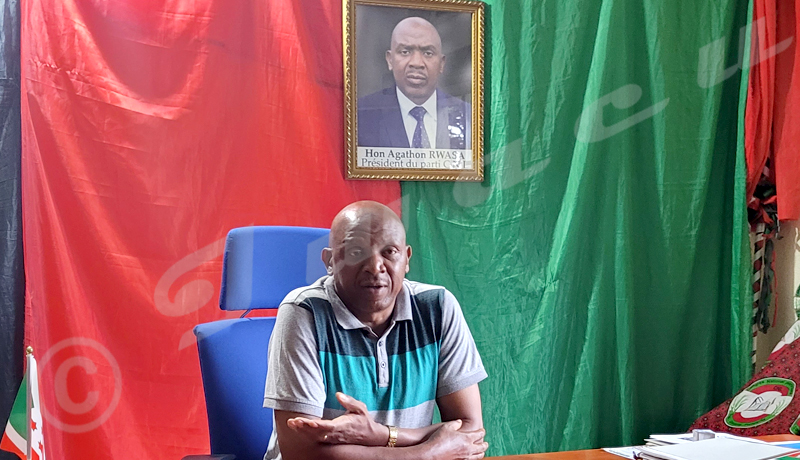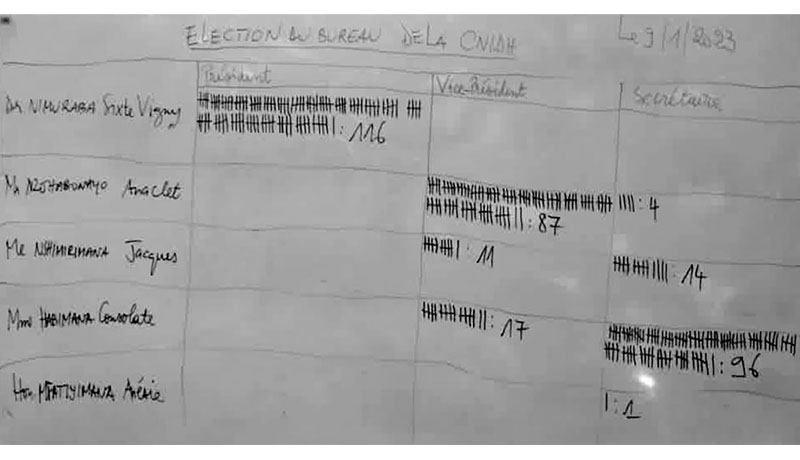They are located at different levels of the customs, police, administration… But a national Committee has already been set up to oversee their removal.
<doc5948|right>According to traders, the customs services are slow. They indicate that for a complete operation file, they may take two or more days. "However, when we spend much time to the customs, it’s our money that we lose as our customers are waiting for us in the market", a shopkeeper laments. These delays are observed even for tax-exempt goods that do not require too many calculations, she continues.
It is not yet finished. Non-tariff barriers occur when the merchant is in the filing process, at the time of the supply of the goods, etc. Our source imports maize from Zambia. Wholesale merchants who take her corn undergo a number of ill-treatment before they are finally through the lengthy procedures. It shows they are often stopped by police along the way. "I am obliged to explain to the police that I am in order with the customs service, or they won’t allow me to go on," he says. And he adds: "I lost money in travel costs, not to mention my other clients awaiting me in my deposit. He also indicates that the police do not know how to distinguish local goods from imported ones.
The distribution of the goods is not as easy as it should be. She says it is virtually impossible to offload her truck from 6 pm at various points of sale. "Sometimes I prefer to use my points of sale, without going through the warehouse to save on the costs of unloading." But if, by bad luck, I get there at 6 pm, the police refuses that I offload, she deplores. And she recalls that Burundi has already joined the East African community where everyone tries to perform the maximum working hours: "for our part, we would love to work even at night. ». It’s even worse if these are intelligence service agents that stop the trader or the importer. Those intelligence guys won’t allow you to depart till morning. They are uncompromising: "Once you are stopped, you must stay where you are, until the morning." It goes without mentioning additional costs for goods security and all the dangers to which the merchandise is exposed. »
Non-tariff barriers are also noticeable with a mention to the level of the quantity to be imported. Since, according to merchants, local banks do not accept that a client transfer more than 50,000 US dollars when placing an order to a foreign supplier. This limits the amount of imports for those who would like import large quantities. These same traders say that sometimes, they take the money on them: ‘we take this risk because our providers cannot accept delivery of the goods of which value is greater than the amount transferred and wait for the rest.
Traders, who do not go beyond the borders of Burundi, are also not spared from these non-tariff barriers. Apart from the police who stop them more often, there are, according to them, some provinces that live on certain commodities protectionism (e.g. beans in Kirundo), especially at harvest time. Traders say they pay important fees to the administration in order to access to the markets in these provinces. Another case of non-tariff barriers concerns the commercialization of sugar where the quantity delivered by the SOSUMO to different wholesalers is limited.
Even if traders have all these problems, they say that they are not the only ones to suffer. According to them, the consumer suffers indirectly. Because the cost of goods must necessarily affect the purchase price of the goods.
Towards the elimination of non-tariff barriers
To meet all these challenges, a national Committee for monitoring elimination mechanism of non-tariff barriers is in place since 2008. Christophe Ndikubwayo, its president, says several non-tariff barriers have already been identified. In this context, he indicates that his Committee will recruit in the coming days, a national coordinator: "He will be in permanent contact with the victims of non-tariff barriers for more identification." Apart from the Coordinator, a consultant will also be recruited for the identification and proposal of deletion mechanisms, he says. In addition, he indicates the Committee will avail toll free phone numbers and a website where everyone can denounce any form of encountered non-tariff barrier. According to the same source, the Committee will also focus on raising awareness about non-tariff barriers beginning with the high authorities "We want to make sure everyone understands the bad consequences of NTBs in order to eliminate them," he concludes.
| – { Definition of non-tariff barriers (NTBs) and their effects, according to Ephrem Niyongabo, specialist in issues of trade policy.}
NTB are a set of restrictive non-tariff (not related to customs duties) put in place by a country and to protect its market from external competition. The most common examples are quotas, technical or health standards or legislation favoring national companies. These barriers can also be established at the level of a community of countries as in the case of European Union. For example, in 2011, it is filed electronically the EU required that for goods be electronically before entering the European space. Non-EU operators must comply or they risk being denied entry.
– Effects: Effects can be positive or negative. Take the case of sanitary and environmental regulations that tend to abound, especially in developed countries.
The positive side is: these measures are put in place by Governments to meet the expectations of citizens and consumers, especially in terms of protection and sanitary or environmental information, expectations not met by the market. So there is a positive effect on the well-being related to improving the quality of imported products and the improvement of the functioning of the market.
– The negative side is: their adoption can be motivated by protectionist objectives. Regulatory measures are usually adopted by countries in order to ensure that the imported varieties of goods meet the domestic requirements. These measures can then impede international trade and constitute barriers to imports. The effect will be the increase in prices linked to the reduction of international trade following the strengthening of these NTBs. |

